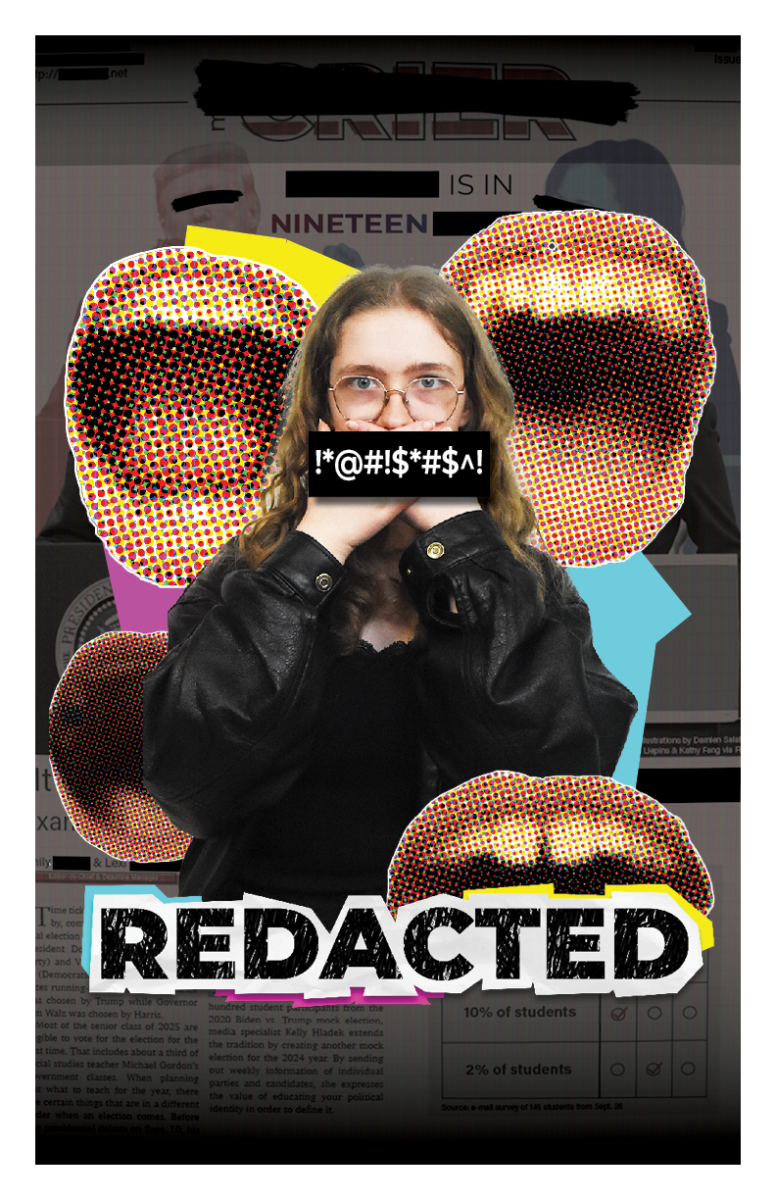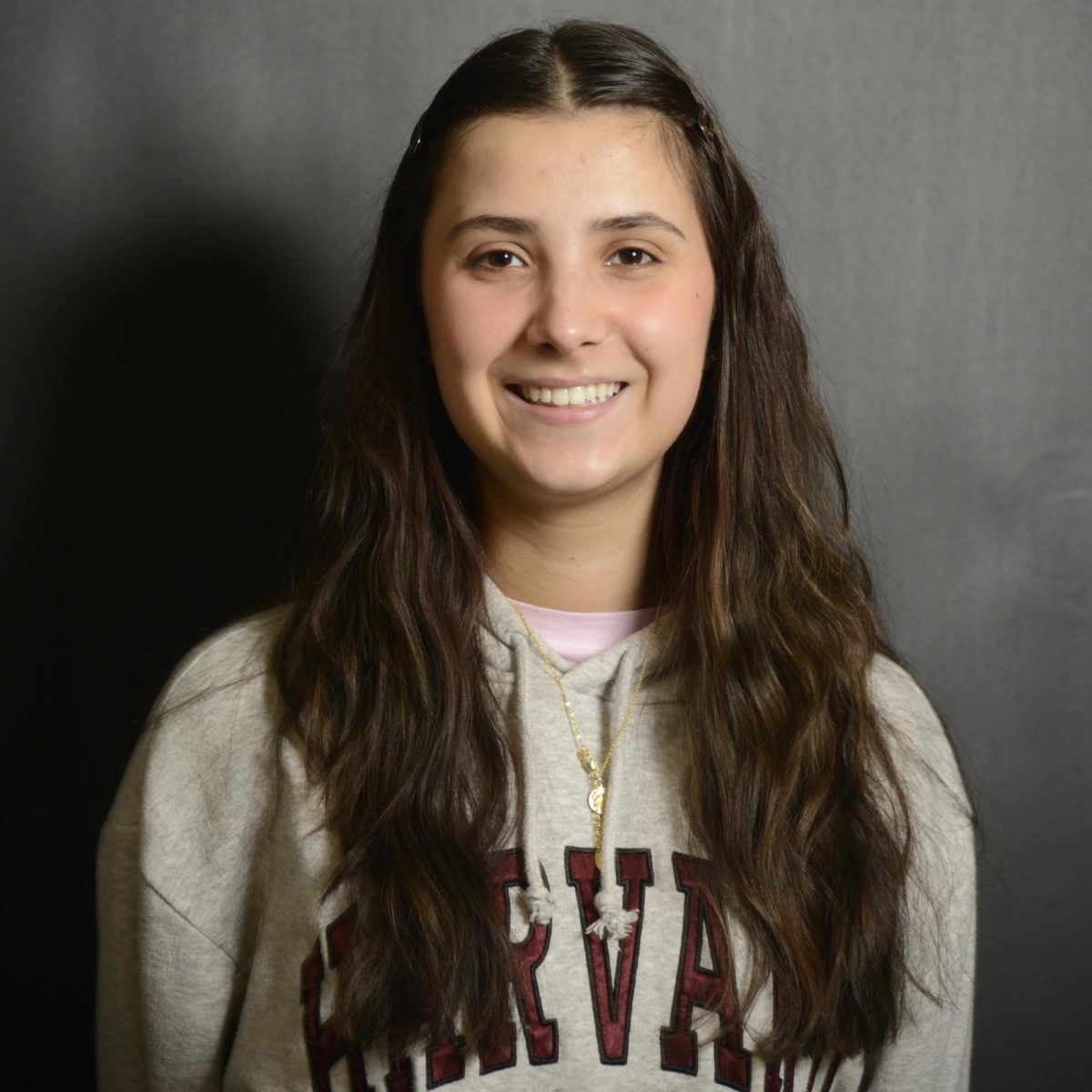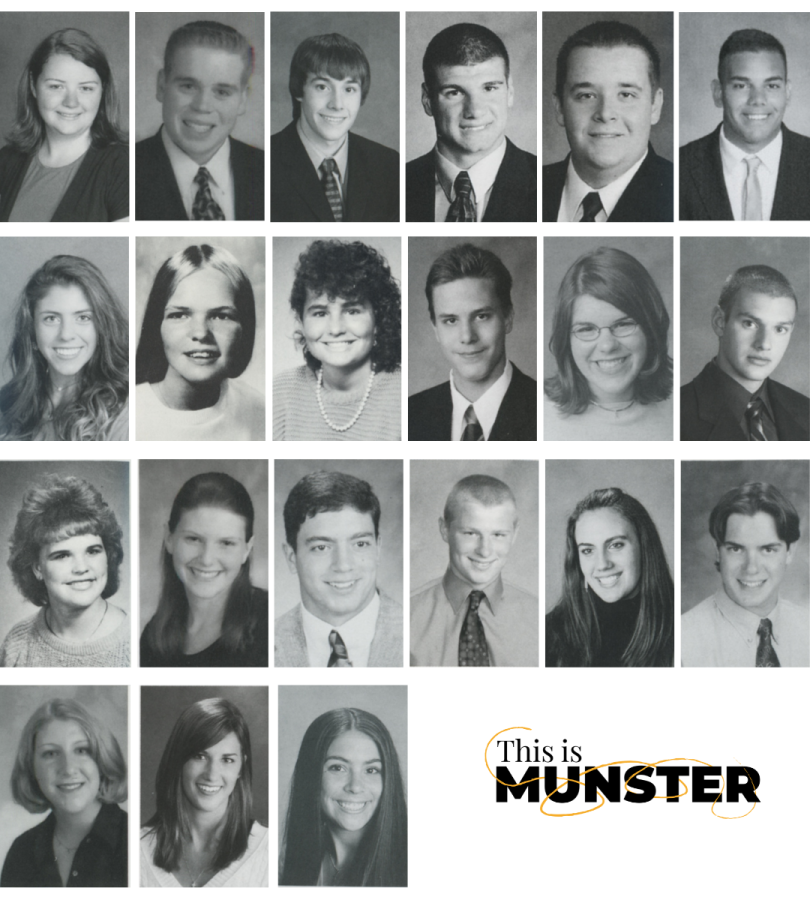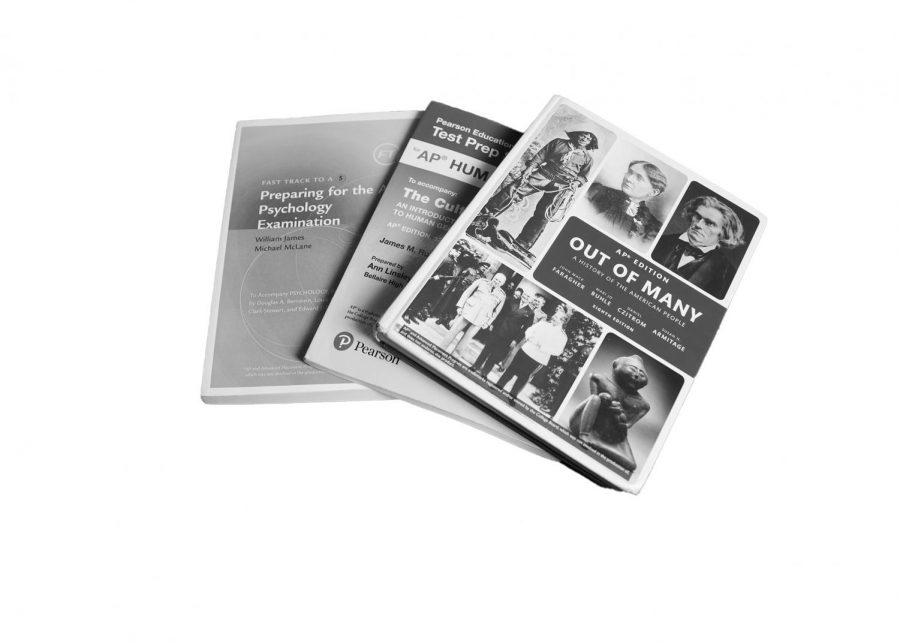Students and teachers voice their thoughts on upcoming AP exam requirements
April 19, 2021
Last spring, Rebecca Jones—a junior at the time—was taking her AP US History exam online, shortly after quarantine began. After hours of long work, she finally went to hit submit, only to find that the exam would not let her proceed.
“(Last year’s exam) was awful,” Rebecca Jones, now a senior, said. “I finished my US History essay and gave myself the recommended time to submit it, but I kept getting an error message. I spent about 10 minutes crying and I emailed Collegeboard to try and do the make-up test, but they never responded.”
This year, Collegeboard has continued to update the different regulations and conditions for the 2021 AP exams. With the exams coming up, the testing process is looking a little different from both pre-covid years as well as last year’s accommodations. The test, for in-person learners, will be full-length and administered through paper and pencil in early May. However, unlike other schools, MHS is not offering the exam in late May—administration 2—as it interferes with finals week. The test will still be available in June, as some students preferred to take it then. These dates can also be used as makeup dates for those who may have experienced difficulties in their initial exam.
“Considering the time slots, CollegeBoard must make sure every exam is the same difficulty (level) while still ensuring previous testers are unable to provide answers/instruction to testers of later dates,” Holly Kaim, senior, said. “I think CollegeBoard is going to do their best in regards to this issue and all others, but it is definitely going to be another tricky year of exams.”
All students must check in online/be seated in their testing room thirty minutes prior. Students must download a specific testing program the day before the exam, and they have three days prior to do so. There will also be other safety features installed to ensure that students are not talking with one another, and that students are not plagiarizing.
“CollegeBoard’s standards for ‘fairness’ seem very inconsistent between this year and last year,” Kristen Baurain, junior, said. “Last year, they cared about preventing cheating so much they limited the test to FRQs. CollegeBoard should at least reduce the amount of content on the test, like they did last year. Expecting (students and teachers) to perform at the same level as they have in previous years is unreasonable.”
Aside from the conditions of the AP exam, students must also take steps to prepare their materials. Regarding digital testing, there is a specific testing application that students will be required to download in order to take their exam. This setup must be done in advance, day before the exam day(s), and students will have access to the application for set-up three days prior to these days.
“I view the two test formats as each having its own pros and cons,” Mr. Dillon Thompson, AP Biology teacher, said. “With the virtual test in June, you’ll have more time to prepare, and you’ll be able to test in an environment that may be more comfortable for you. However, you’ll have to continue studying into June, possibly facing burn out from all of your finals at MHS.”
As the exams approach, there’s been a debate as to whether or not CollegeBoard has made these conditions as equitable as possible. On one hand, there’s been concern over international students, but on the other hand, some believe that there is no other way to make the rules equitable.
“Although I feel like it’s very unfortunate that there’s definitely going to be some kid that has to do calculus at 3 a.m. to get into college, I can’t really go into detail on how CollegeBoard could make their restrictions more reasonable, as they don’t harm me much,” Ayush Arora, sophomore, said. “More consideration from them for international students would likely go a long way though. (Do I believe the conditions are) decently equitable? Yes. (Do I believe the conditions are) equitable enough/as equitable as possible? Probably not.”










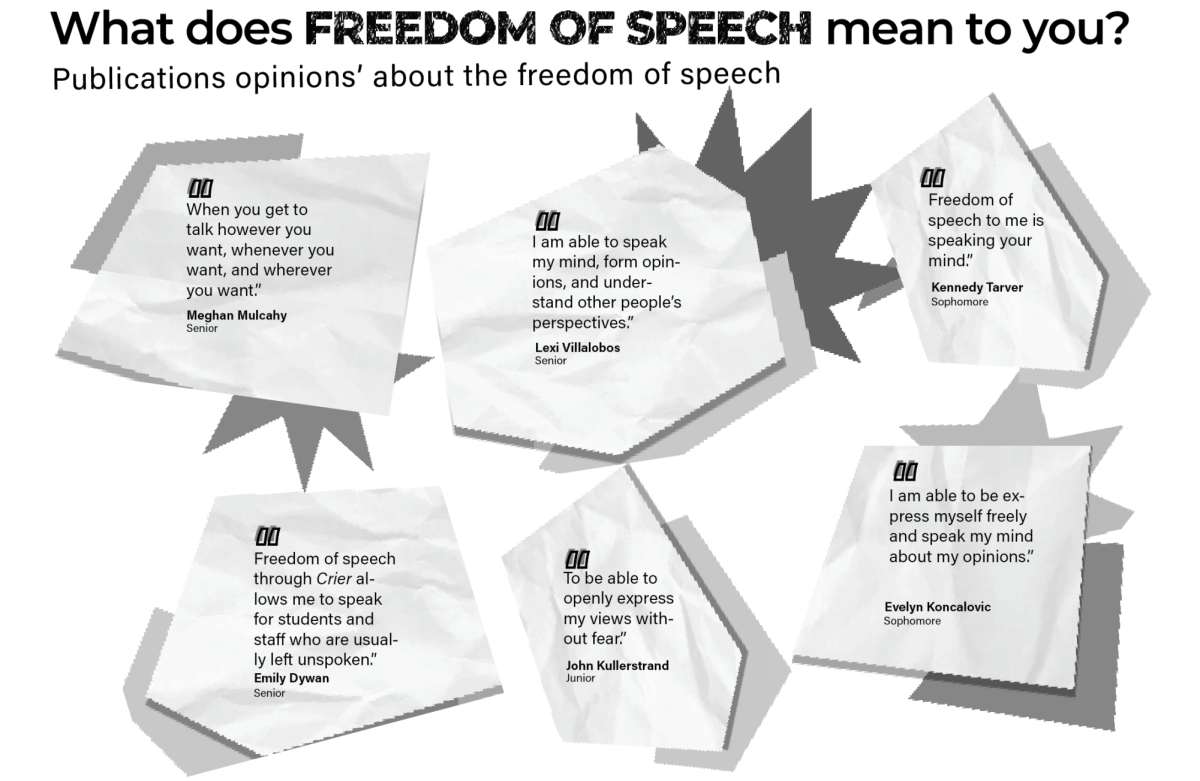











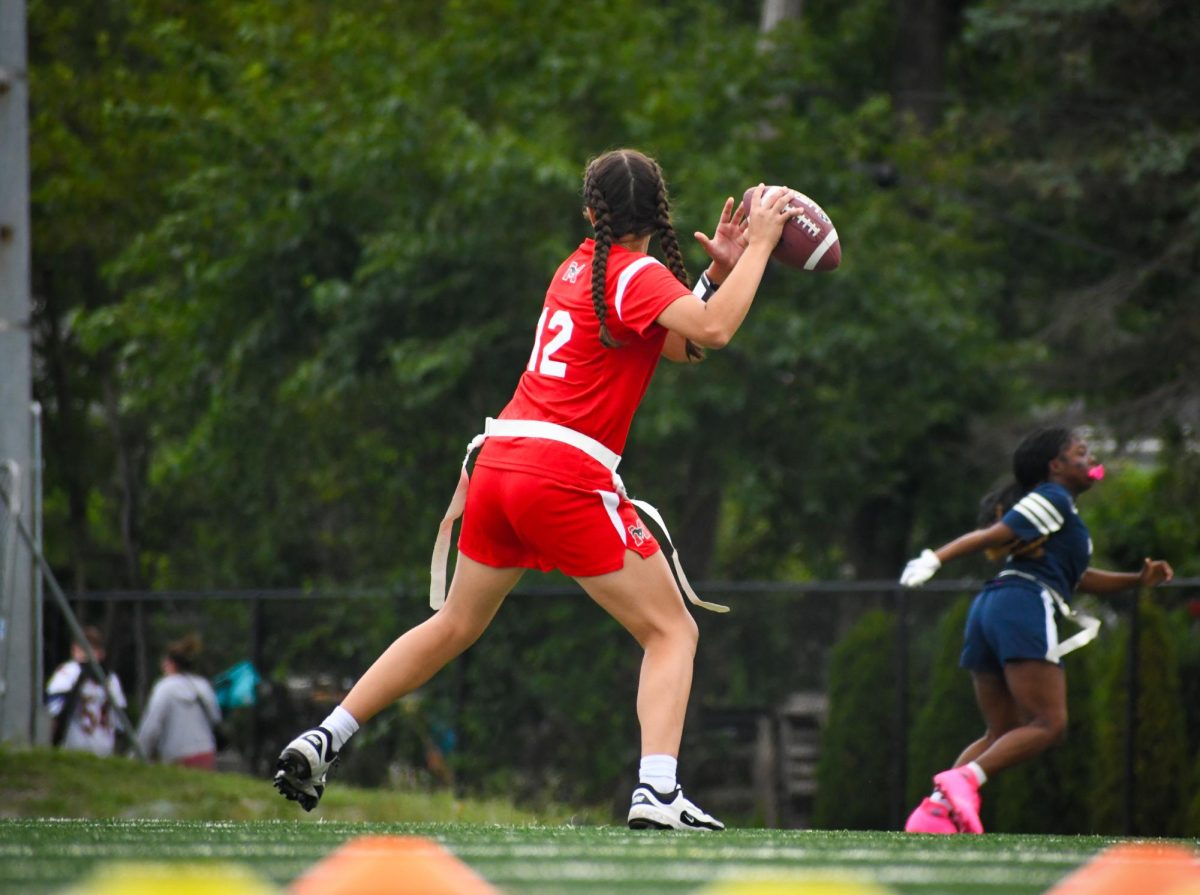







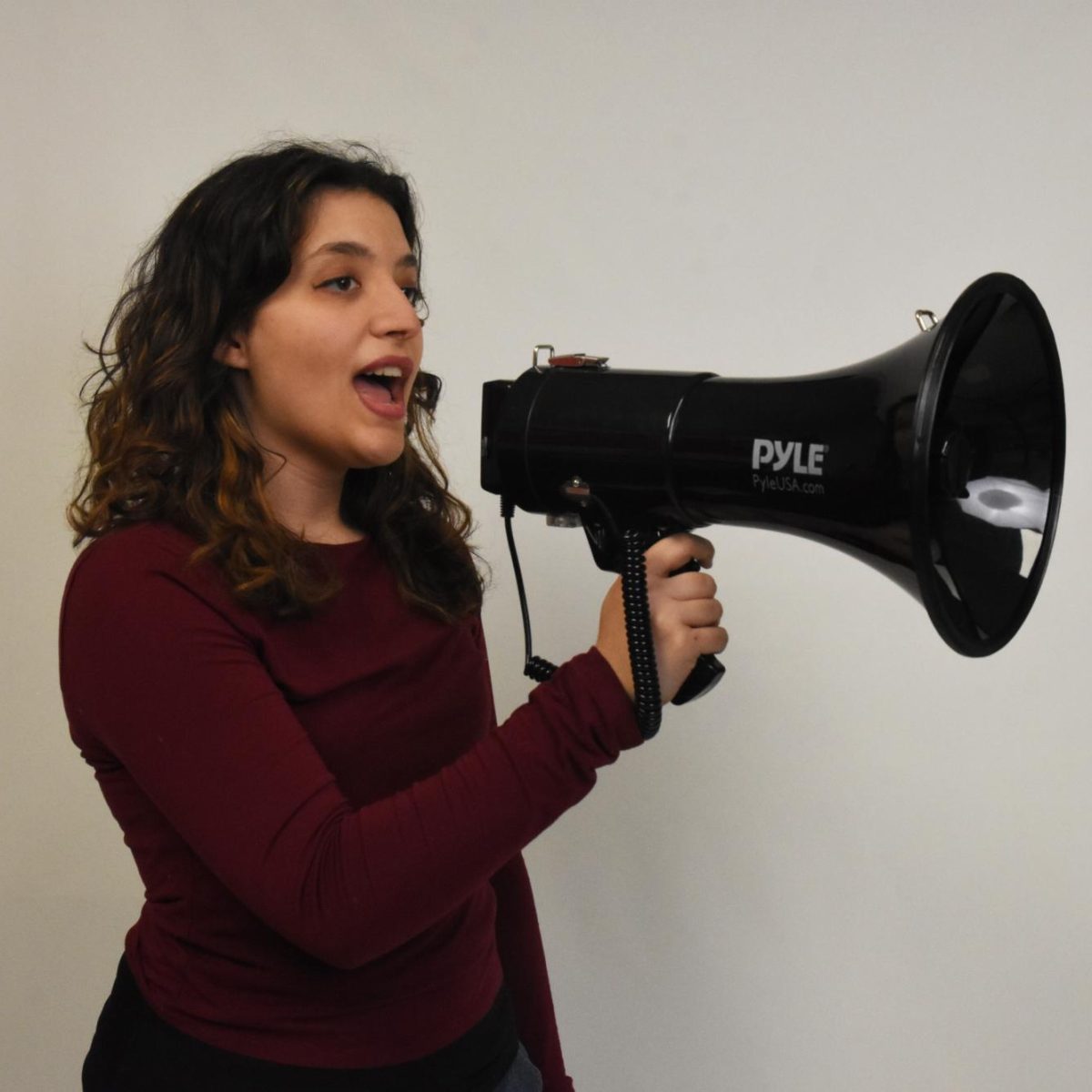
![SNAP HAPPY Recording on a GoPro for social media, senior Sam Mellon has recently started a weekly sports podcast. “[Senior] Brendan Feeney and I have been talking about doing a sports podcast forever. We love talking about sports and we just grabbed [senior] Will Hanas and went along with it,” Mellon said.](https://mhsnews.net/wp-content/uploads/2025/04/sam-892x1200.png)
